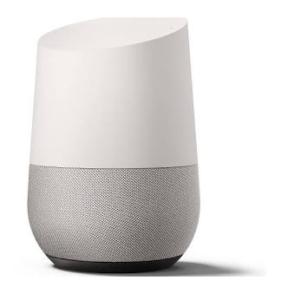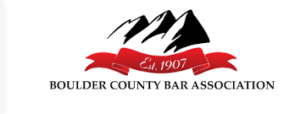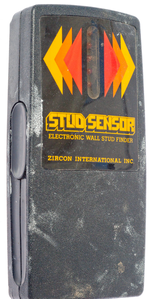How disappointing. For many years now, USPTO has been repeatedly reminded of the need to provide a geographic separation between its main e-filing server (EFS-Web) and the backup (“Contingency”) server. The idea is that even if one of the servers were to crash, the other one would still be working. This is a matter of common sense. Any competent system designer would do this without having to be told.
USPTO has, however, failed to do this.
Readers will recall the incident on May 14, 2014 when both servers crashed and remained out of service for over eighteen hours. I blogged about this.
Readers will recall the incident on December 22, 2015 when both servers crashed and remained out of service for several days.
Now today, both servers crashed at 3:50 PM (Eastern Time) and remained out of service for over an hour and a half.
It is very very disappointing that USPTO has not taken this common-sense step of geographic separation despite years of reminders of the need to do so.
There is a second, extremely disappointing aspect of today’s double system crash. The USPTO’s system status page never got updated to indicate that anyone at USPTO was aware of the double system crash. It is so disappointing when some important USPTO system is broken and the system status page fails to indicate that USPTO is aware of the failure.
Some readers will recall my blog post of April 1, 2016 about the contingency server having been relocated to the Denver patent office. This was, unfortunately, only an April Fool’s Day posting. Maybe today’s double crash will finally prompt USPTO to do the right thing as described in that posting.

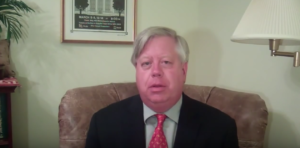
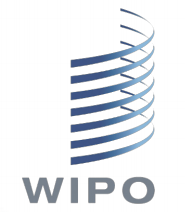 WIPO offers a distance learning course called Introduction to the Patent Cooperation Treaty. The course is free of charge. My suggestion is that any person who is involved in providing services to clients relating to the PCT ought to take this course, pass the quizzes, and obtain the certificate of completion. My suggestion extends to patent practitioners, paralegals, and administrative assistants. I took the course just today and
WIPO offers a distance learning course called Introduction to the Patent Cooperation Treaty. The course is free of charge. My suggestion is that any person who is involved in providing services to clients relating to the PCT ought to take this course, pass the quizzes, and obtain the certificate of completion. My suggestion extends to patent practitioners, paralegals, and administrative assistants. I took the course just today and 
